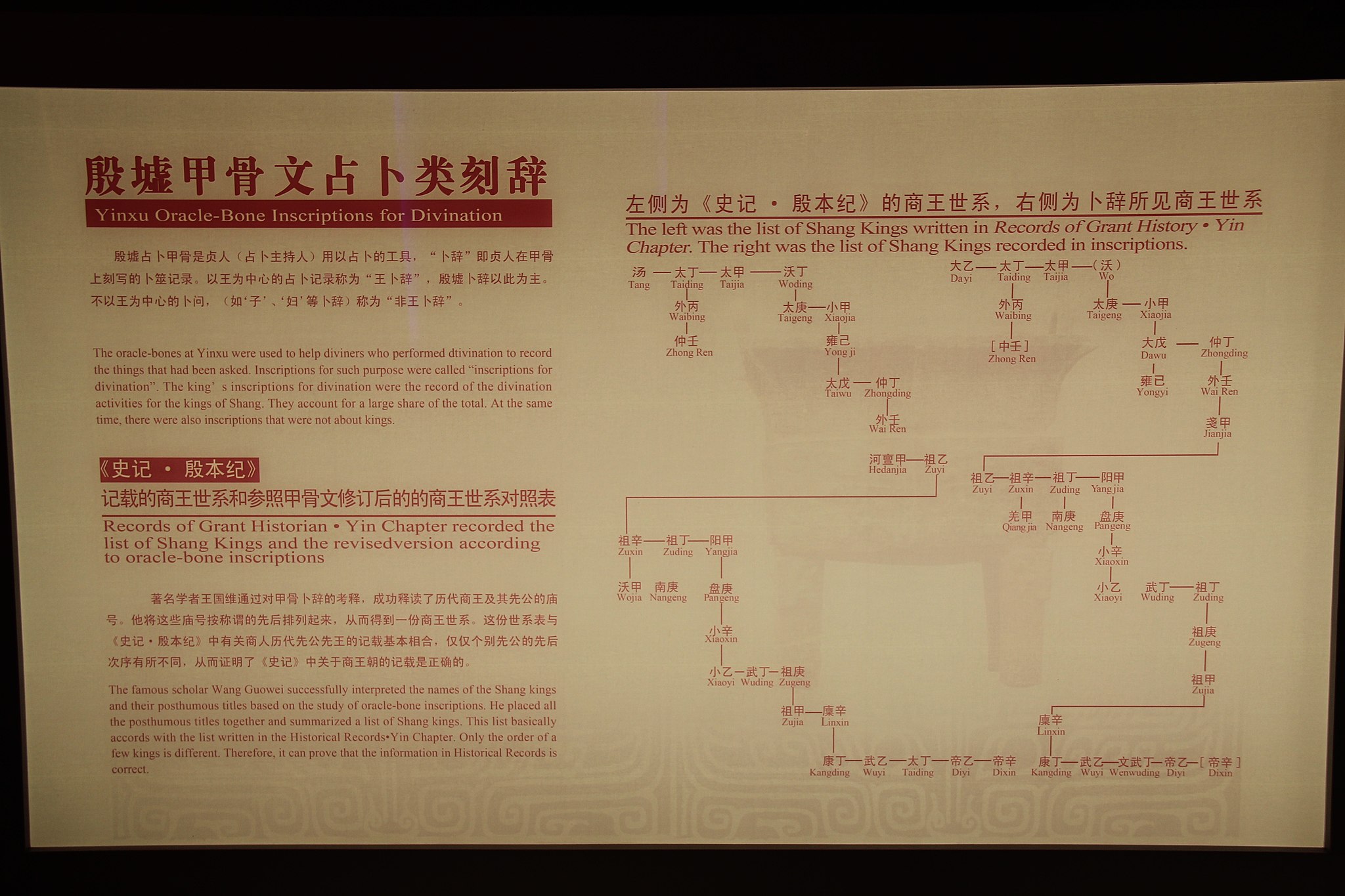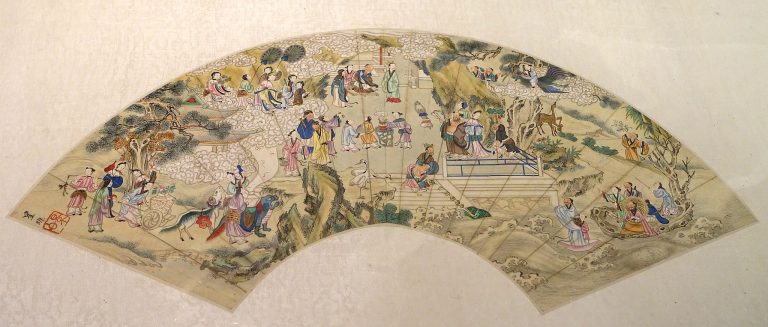In ancient China, history was considered as sacred as religion, and historians were arranged from birth to meticulously record the events of the state and the private life of the sovereign.
This established a positive tradition of conscientiously recording history which was passed down through China’s many dynasties. The value of recording the truth can be seen in the sacrifices made for this important task.
Ancient Chinese historians killed one after another for fulfilling their responsibility
Over 2000 years ago during the Spring and Autumn Period (春秋時期, 771 to 476 BC ), all official positions and titles were hereditary and passed down from generation to generation.
In the state of Qi, minister Cui Zhu (崔杼) killed the head of the state Duke Zhuang of Qi. As killing the sovereign one served was, of course, considered a serious crime, Cui also killed the historian Taishigong (太史公) who recorded the event. His younger brother, Taishizhong (太史仲), succeeded to the position of official historian, and also recorded the incident truthfully. Cui Zhu asked him to change the text, but Taishizhong refused. Cui Zhu then killed him too.
Upon inheriting his older brothers’ position, the next brother in line, Taishishu (太史叔), refused Cui Zhu and was killed as well. By now, Cui Zhu had killed three brothers but failed to change the historical record. Then the post of Taishi (太史), or Historian, fell to Taishigong’s third brother, Taishiji (太史季).
Success
You are now signed up for our newsletter
Success
Check your email to complete sign up
Cui Zhu threatened Taishiji and said, “Your three brothers are all dead. Aren’t you afraid of death? You’d better write what I told you and record this: ‘Duke Zhuang of Qi died of a serious illness.’”
Taishiji unflinchingly said, “A historian must record history according to facts. If I have to save my job by tarnishing my life, I would rather die. The thing you did, sooner or later, will be known to everyone. Even if I don’t record it, it can’t be covered up and then I will be ridiculed by the world.”
Cui then realized that he could not change history by killing the historians. Even if he killed Taishiji, the next historian would record a factual account of his deeds. Out of his wits, he sent Taishiji home.
On his way home, Taishiji ran into another historian named Nanshishi. After hearing what happened to the four brothers, Nanshishi rushed to the Palace of Taishi (太史) or Palace of Historian and prepared to to take the reins of writing history for the State of Qi, according to the facts.

Good prevails over evil
In order to maintain a truthful document of historical events, the three brothers of the Historian’s family willingly gave their lives rather than distort the facts. This spirit of defending professional integrity and ethics at great personal risk can be called the spiritual backbone of the ancient Chinese nation.
Why were the historian brothers so righteous and unafraid of death? In ancient China, historians had to be well versed in astronomy and the calendar. They served as a medium between heaven’s will and the secular society.
In this way, these early professional historians had a certain social status that transcended that of ordinary people. They held reverence for heaven, bearing a greater fear – for if they distorted the facts and failed to record truthfully, they were bound to suffer the wrath of Heaven. They understood that the severity of this punishment was greater than that of any tyrannical ruler in the world.
In modern society, science is treated as a religion, so many people no longer believe in the existence of a higher power, and history scholars have lost their reverence for the heavens. Some have even given up seeking the truth.
In the course of time, falsified histories are eventually uncovered. Once people know the truth, those carefully woven lies are instantly bankrupted.
In some parts of the world, rulers can use violence to stop the population from talking about the heinous crimes they have committed for a period of time. But as Abraham Lincoln once said, “You can fool all the people some of the time and some of the people all the time, but you cannot fool all the people all the time.”














